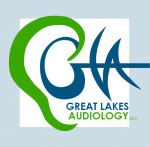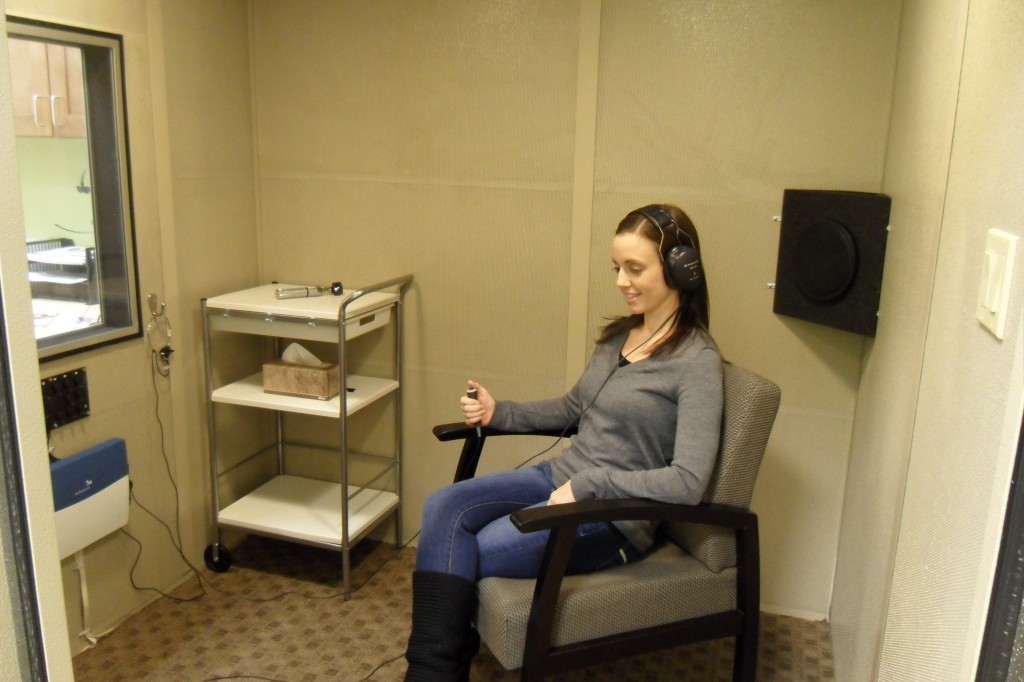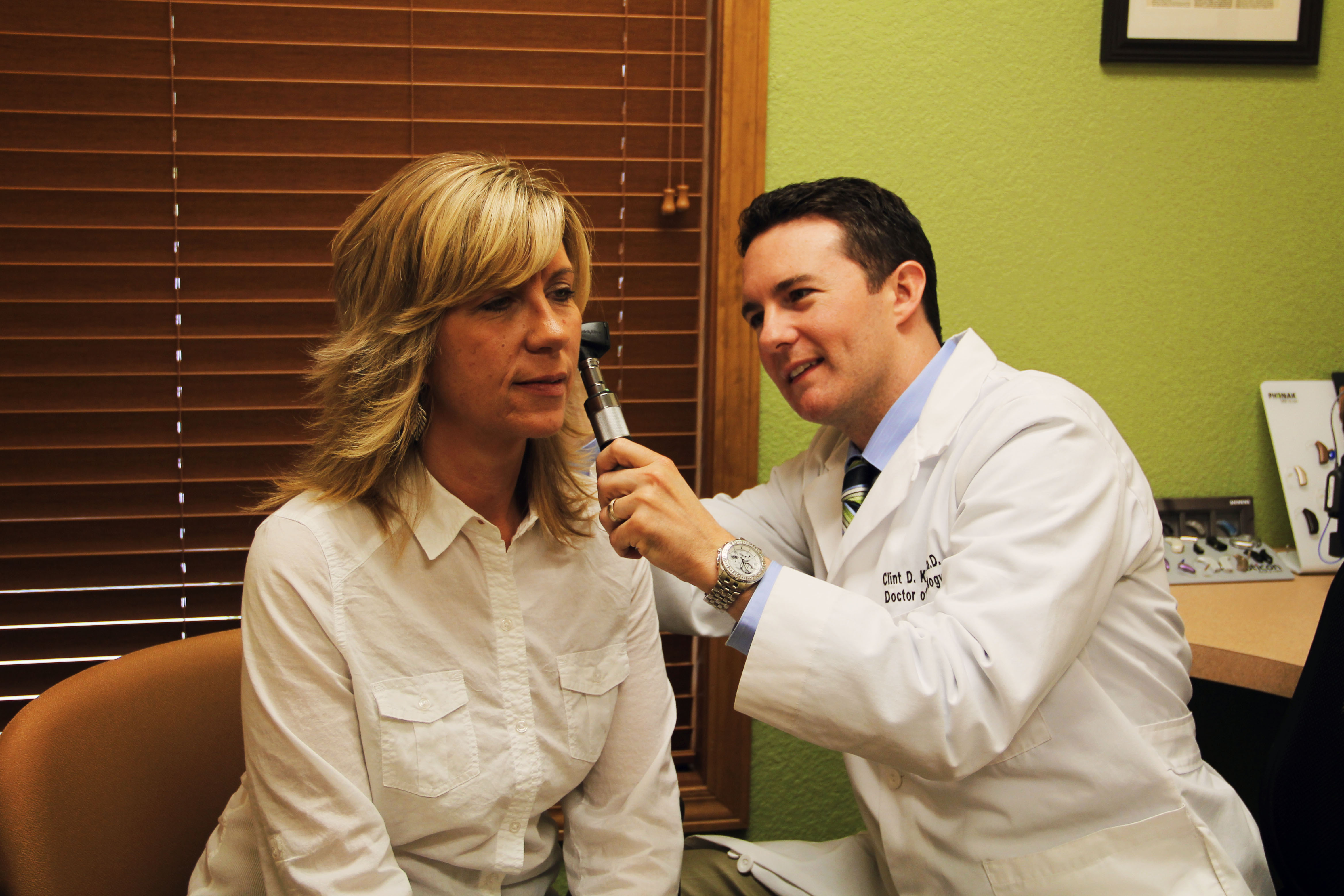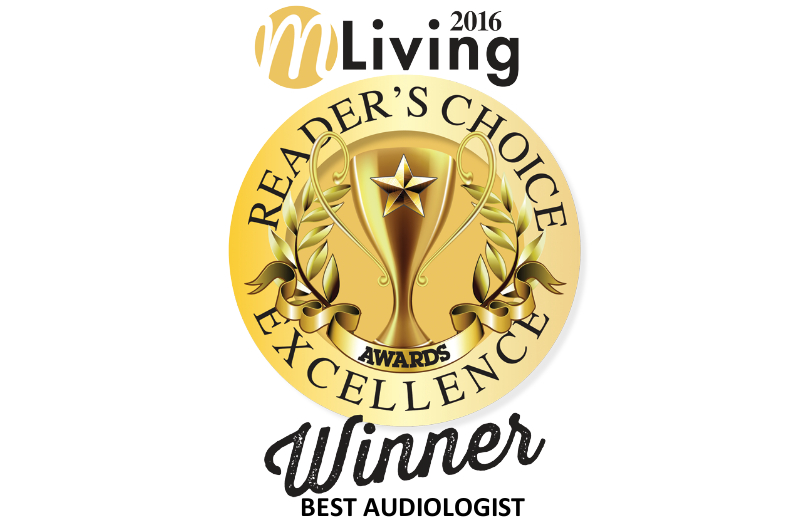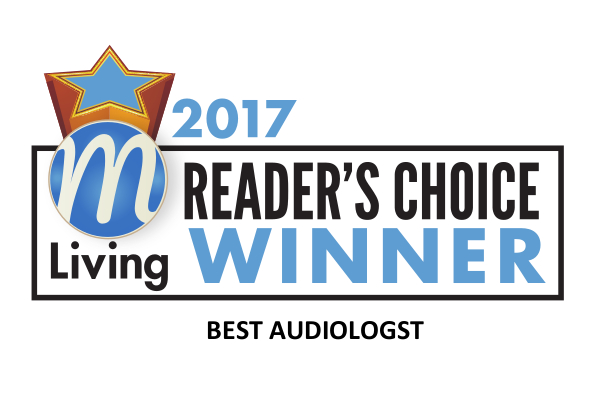Hearing Screening
Screenings are designed and administered as a quick, easy, and low-cost way to determine if a potential hearing loss is present and diagnostic evaluation is warranted. While these screenings come in many forms, the most common involves checking your responses to calibrated tones which are presented by speaker or headphones. Screenings are often given at hospitals, physician offices, schools, health fairs, and in the work place.
Remember, a screening may indicate the possibility of a hearing loss, and only a full audiological evaluation in a sound-controlled environment can determine the nature and extent of your hearing acuity (and resulting diagnosis). Please be aware of advertised “free hearing tests” which are actually only screenings.
Click here for information on your child’s Newborn Hearing Screening.
Audiological Evaluation (diagnostic)
A comprehensive Audiological Evaluation is performed by an Audiology Doctor for the purpose of determining the nature and extent of hearing loss/acuity. As a result of this hearing exam, proper diagnosis can be made and utilized in deciding the most appropriate course of action for managing you or your family member’s hearing loss.
The audiological evaluation is a general term describing the use of several possible tests selected by the doctor to best determine your auditory system’s function. Test selection is determined by considering many individual factors including age (child vs. adult), history and symptoms, and prior test results (including those from the current evaluation) so that the most important information is collected without adding unnecessary time and cost. Dr. Keifer will explain what each test is used for and what the result indicates about your hearing mechanism.
The most commonly selected tests include the following:
Audiometry (evaluates the auditory systems capability in the transmission and detection of tonal and speech stimuli through earphones and bone vibration)
Visual Reinforcement Audiometry (infants 6 months +)
Conditioned Play Audiometry (toddlers)
Conventional Audiometry (older children and adults)
Tympanometry (evaluates the eardrum and middle ear system)
Acoustic Reflexes (evaluates nerve pathway function)
